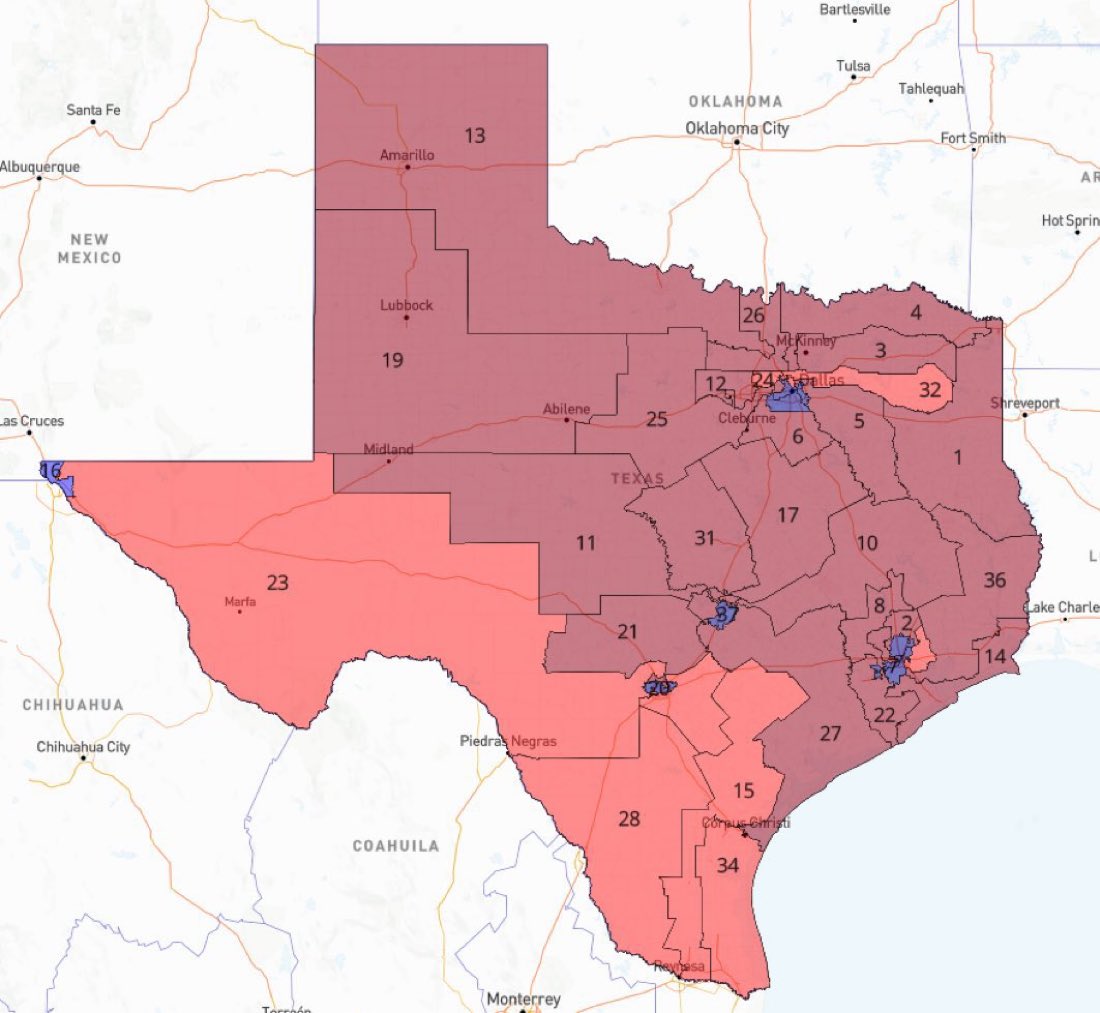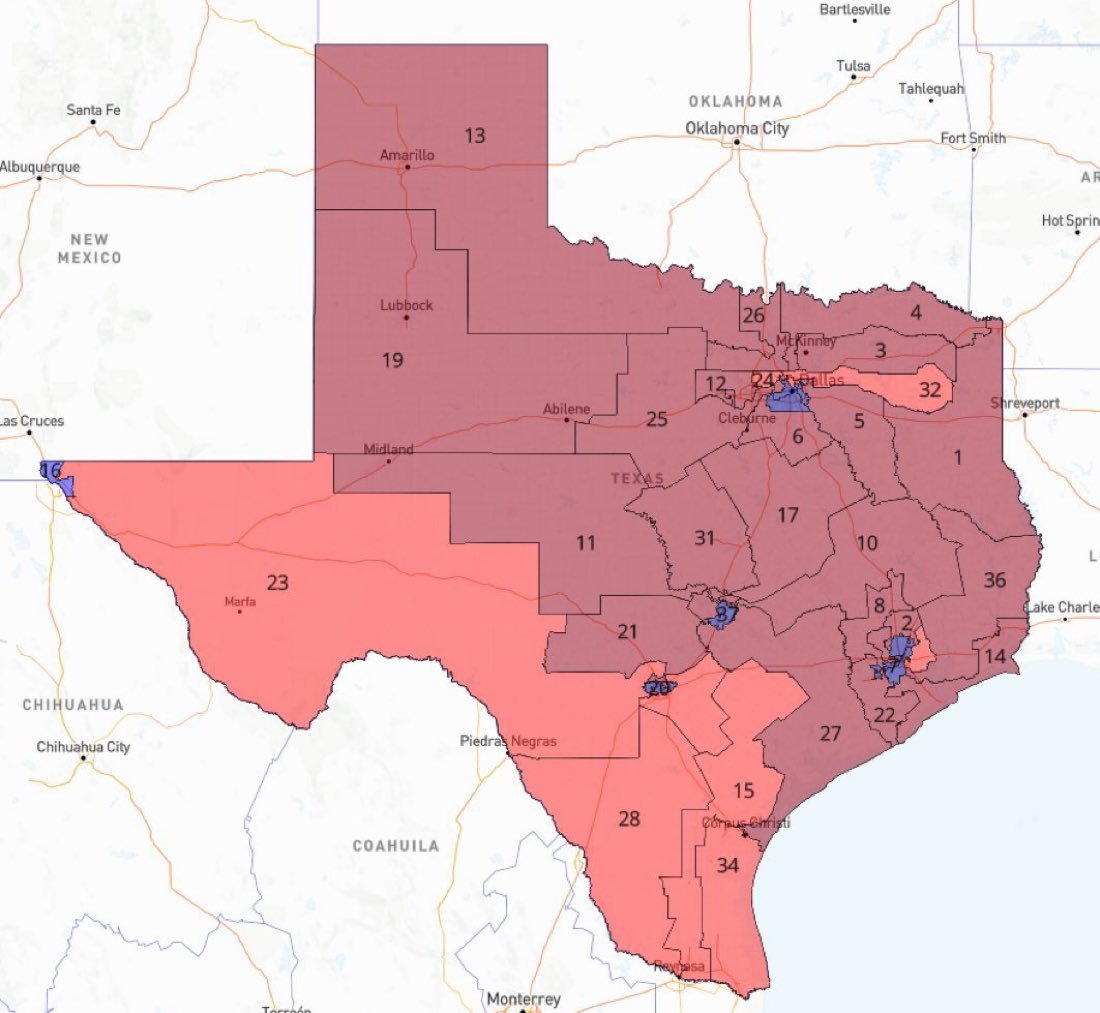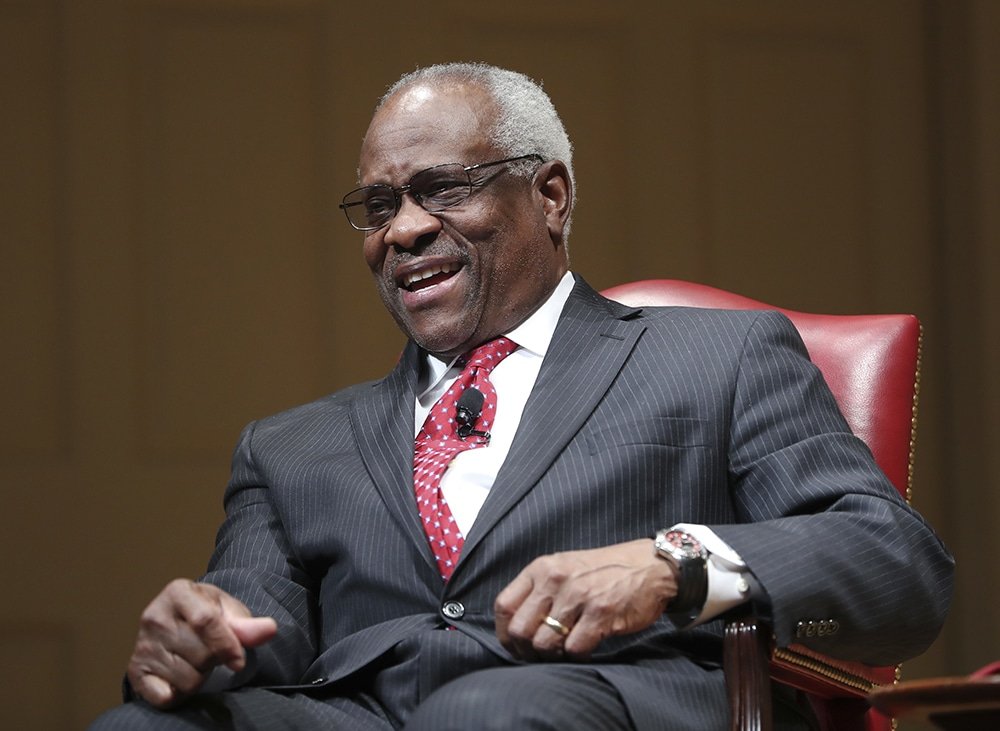Texas Attorney General Ken Paxton Appeals to Supreme Court Over Congressional Map
AUSTIN, TX – Texas Attorney General Ken Paxton has formally appealed to the United States Supreme Court, seeking to uphold a congressional map that is projected to add Republican seats in the 2026 elections. This move comes amid ongoing debates over redistricting and allegations of gerrymandering in various states.
In his appeal, Paxton expressed strong opposition to what he describes as attempts by "radical left-wing activists" to manipulate the judicial system in a manner that undermines the Republican agenda. He contends that these actions are designed to "steal the US House for Democrats," framing the issue as a critical battle for the future of the Republican Party and its legislative priorities.
The congressional map in question has been a focal point of contention in Texas, where demographic shifts and political realignments have prompted significant scrutiny of district boundaries. Proponents of the map argue that it reflects the growing Republican influence in the state, while critics assert that it is a deliberate attempt to dilute the voting power of minority communities.
Paxton's appeal also includes a call for the Supreme Court to strike down what he refers to as a "gerrymander" orchestrated by California Governor Gavin Newsom. This statement underscores the broader national implications of redistricting battles, as states across the country navigate the complexities of electoral fairness and representation.
The Supreme Court's decision on this matter could have far-reaching consequences for both Texas and the national political landscape, as the outcome may influence the balance of power in Congress heading into the 2026 elections. Legal experts anticipate that the Court's ruling will address not only the specific case at hand but also set precedents for future redistricting disputes nationwide.
As the appeal progresses, all eyes will be on the Supreme Court to determine the fate of the congressional map and its implications for the upcoming electoral cycle.






